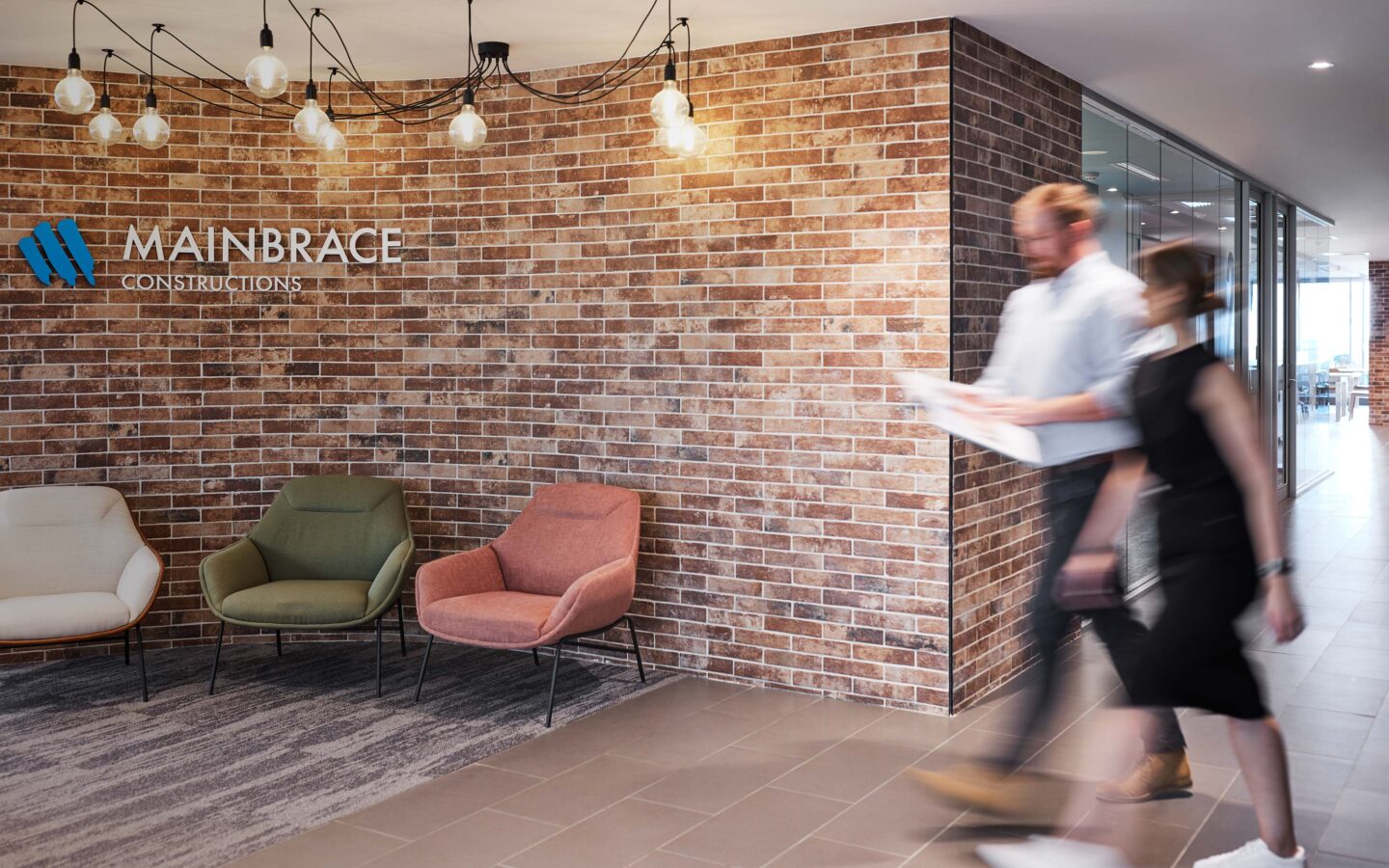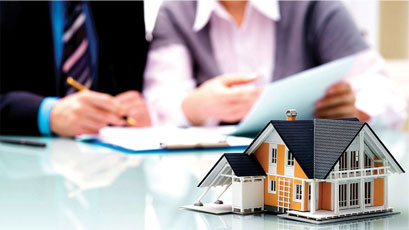In today’s rapidly evolving construction landscape, the role of a builder extends far beyond laying bricks and pouring concrete. Sustainable builders in Australia are emerging as modern-day environmental stewards, balancing the need for development with a profound responsibility toward the Earth. Their role is no longer just about creating structures but crafting eco-friendly legacies that take into account the environment.
The Evolution of Building Practices
Historically, construction has often been seen through the lens of resource consumption, with little regard for sustainability. Vast expanses of forests have been felled, and landscapes have been altered, often irreversibly, to pave the way for urbanisation. However, as awareness of our environmental impact has grown, so too has the recognition that builders have a unique role in shaping the trajectory of our ecological footprint.
A Holistic Approach to Construction
Sustainable builders adopt a holistic construction approach. Their philosophy is rooted in a keen understanding that every choice, from site selection to materials used and even waste disposal, has an environmental implication.
Materials Matter: These builders often utilise eco-friendly materials, which are either recycled, have low embodied energy, or are sourced sustainably. For example, bamboo, being a fast-growing plant, is a renewable resource that is increasingly being used as an alternative to traditional timber.
Energy Efficiency: Sustainable buildings are designed to be energy efficient. This involves the incorporation of green technologies such as solar panels, passive solar designs, and efficient insulation to reduce reliance on fossil fuels.
Water Conservation: In regions grappling with water scarcity, sustainable builders integrate rainwater harvesting systems, greywater recycling, and drought-resistant landscaping to conserve this precious resource.
Biodiversity & Habitat Preservation: Instead of bulldozing natural landscapes, these sustainable builders aim to integrate their projects into the existing environment, preserving native habitats and promoting local biodiversity.
The Economic Advantage of Sustainable Building
While the environmental benefits of sustainable building are clear, it’s worth noting that this approach often makes economic sense too. Sustainable homes and buildings typically have lower operating costs due to reduced energy and water usage. Over time, the initial investments made in green technologies and materials often pay off, leading to significant savings. Furthermore, as consumers become more environmentally conscious, the demand for sustainable housing is on the rise, adding real estate value to such structures.
Challenges and the Way Forward
While the momentum toward sustainable building is growing, challenges persist. There’s still a perception that green building is costlier than traditional methods. Moreover, in many areas, regulations and building codes haven’t yet caught up to facilitate the adoption of sustainable practices.
However, with increasing environmental awareness, more stringent regulations are being implemented, pushing the construction industry toward greener practices. Additionally, as technology advances, the cost of eco-friendly materials and green technologies is expected to decrease.
Educating the public and professionals about the long-term benefits of sustainable construction is also crucial. As more people recognise the value — both environmental and economic — of sustainable building, the industry will witness a profound shift.
Finally, sustainable builders in Australia are the vanguards of a new era in construction, one where humanity’s need for shelter harmoniously coexists with environmental preservation. By understanding that every construction decision has a broader implication, these builders are not just erecting structures but are laying down the foundation for a greener, more sustainable future. The adage “We do not inherit the earth from our ancestors, but we borrow it from our children” rings especially true in this context. Sustainable builders ensure that we return it in as good, if not better, condition.



